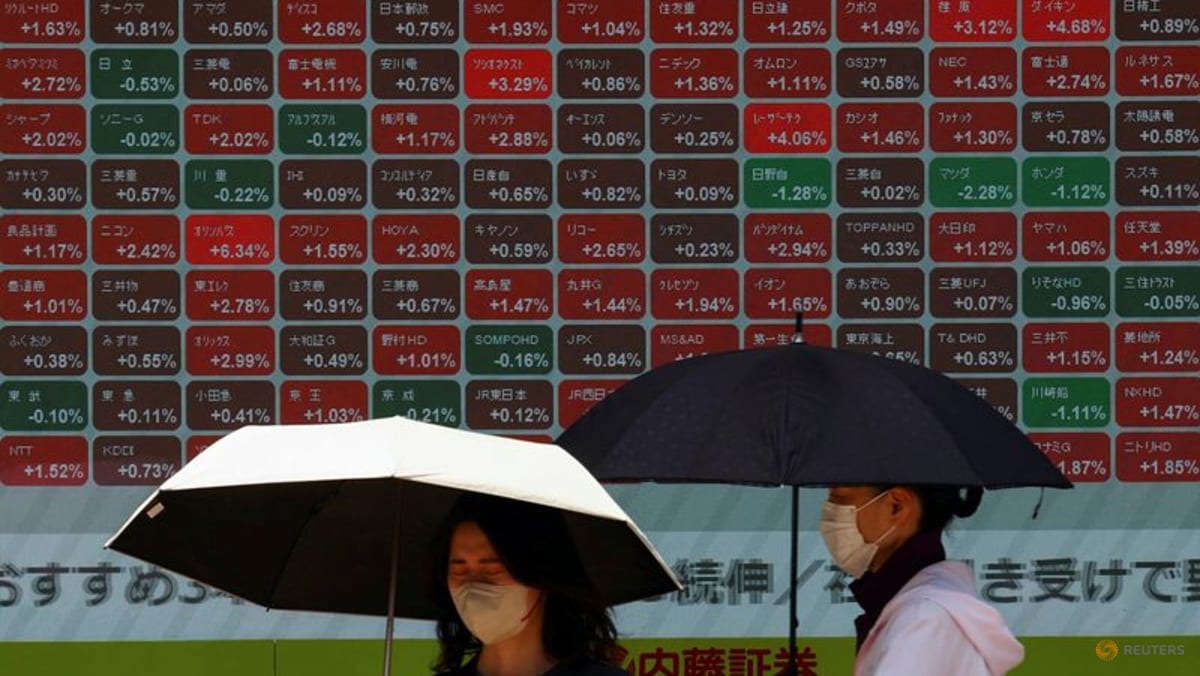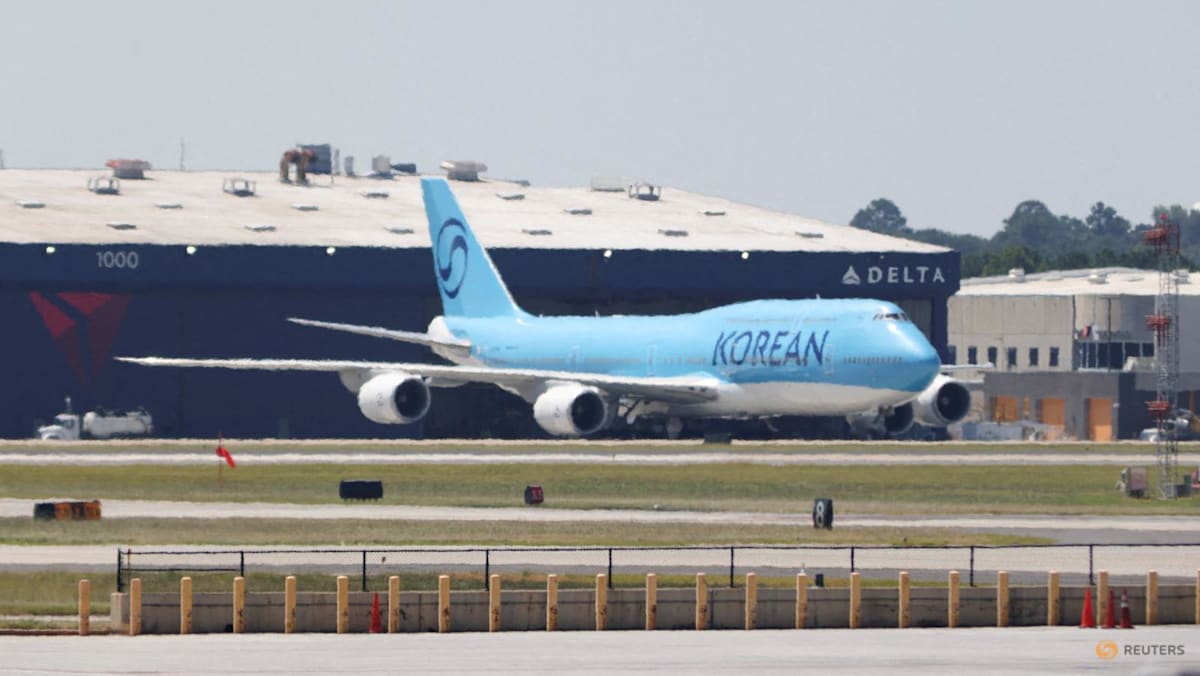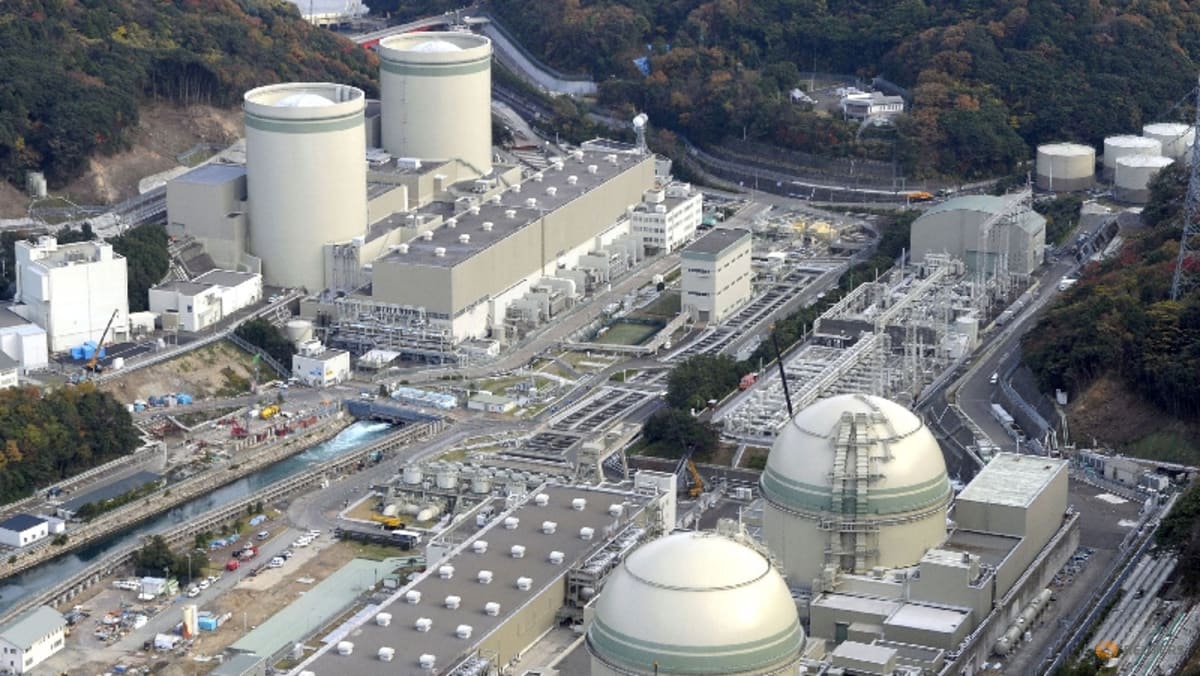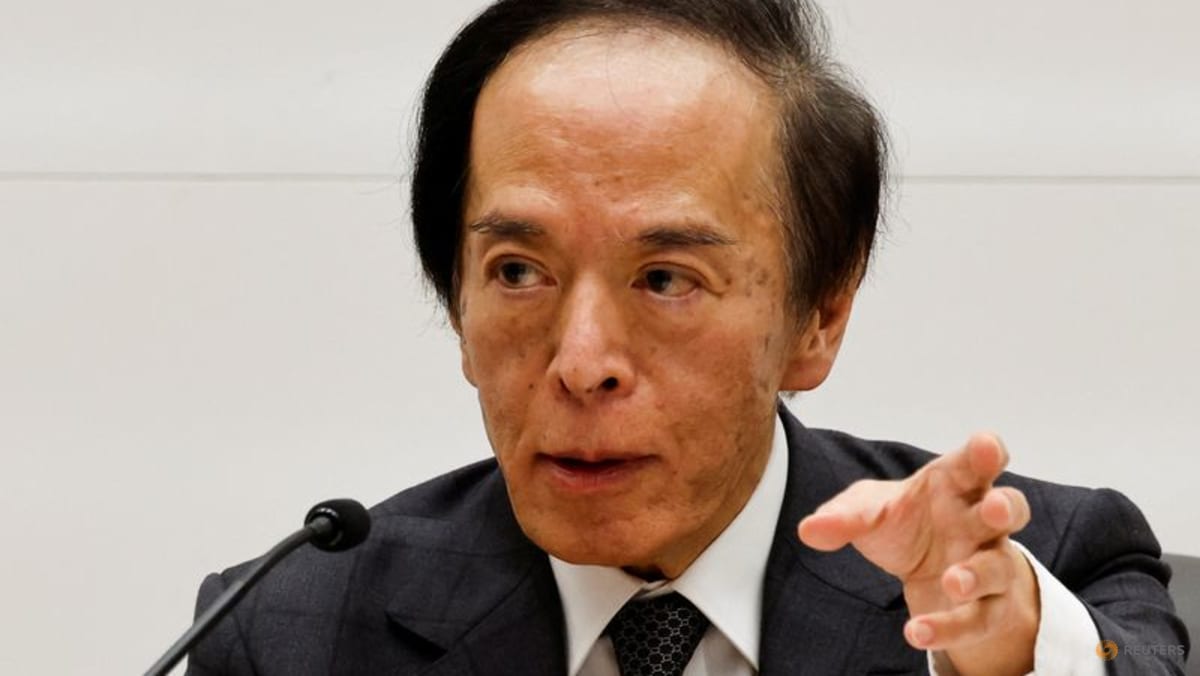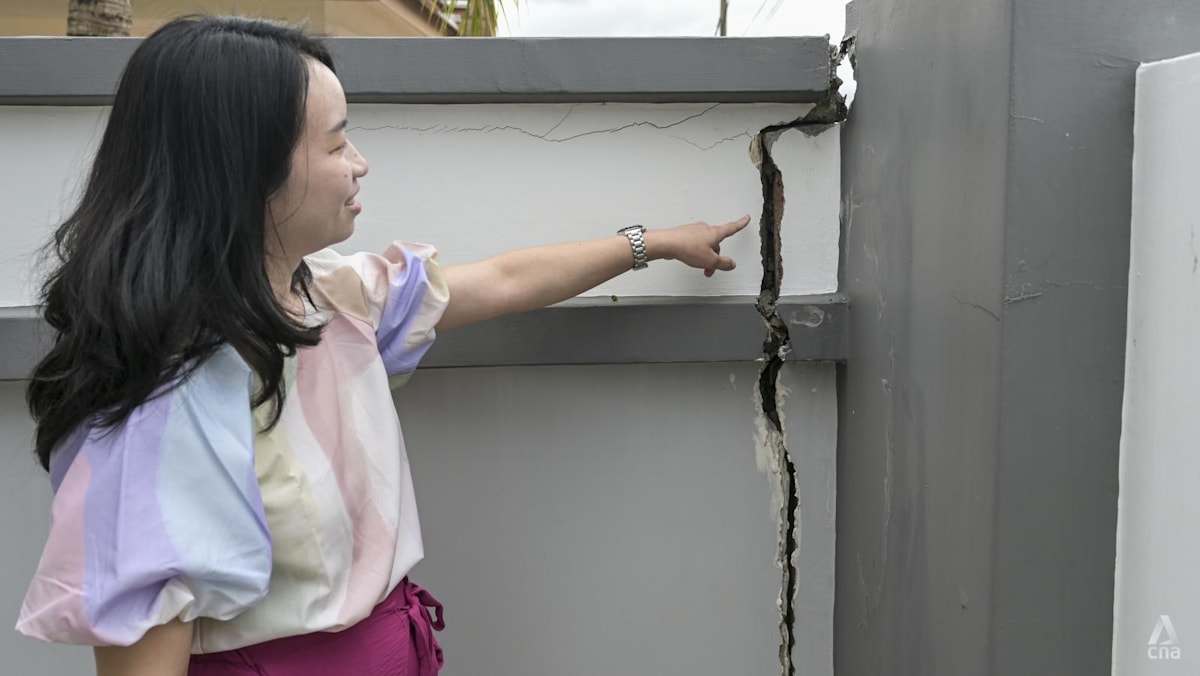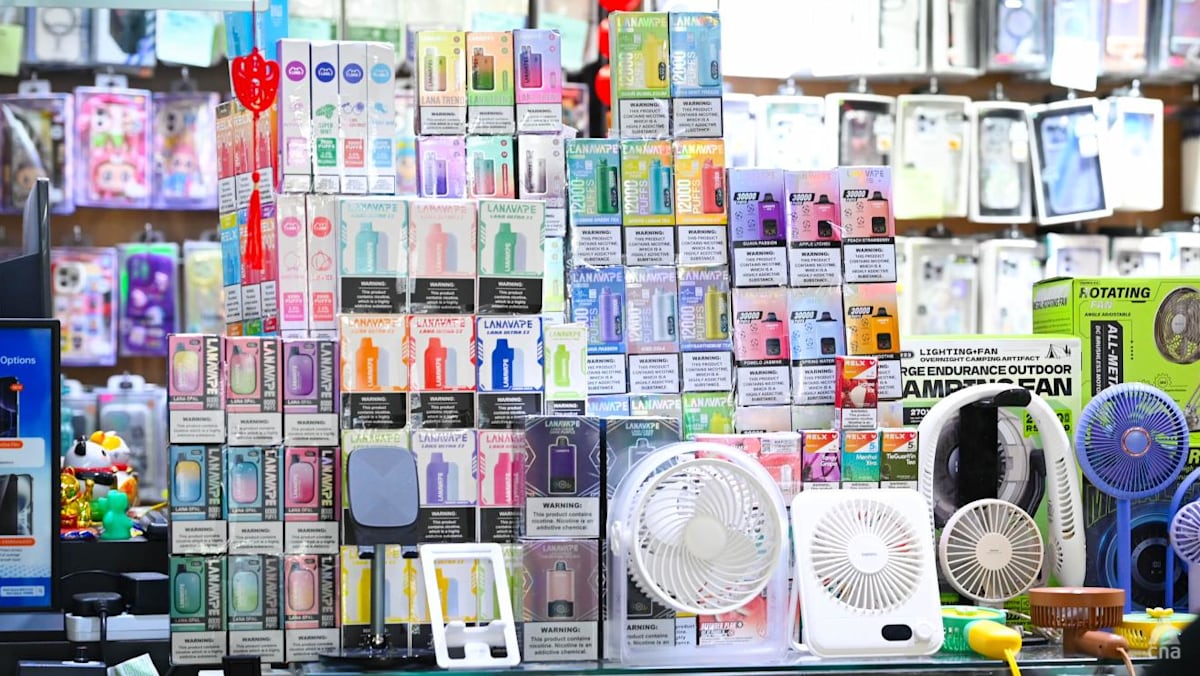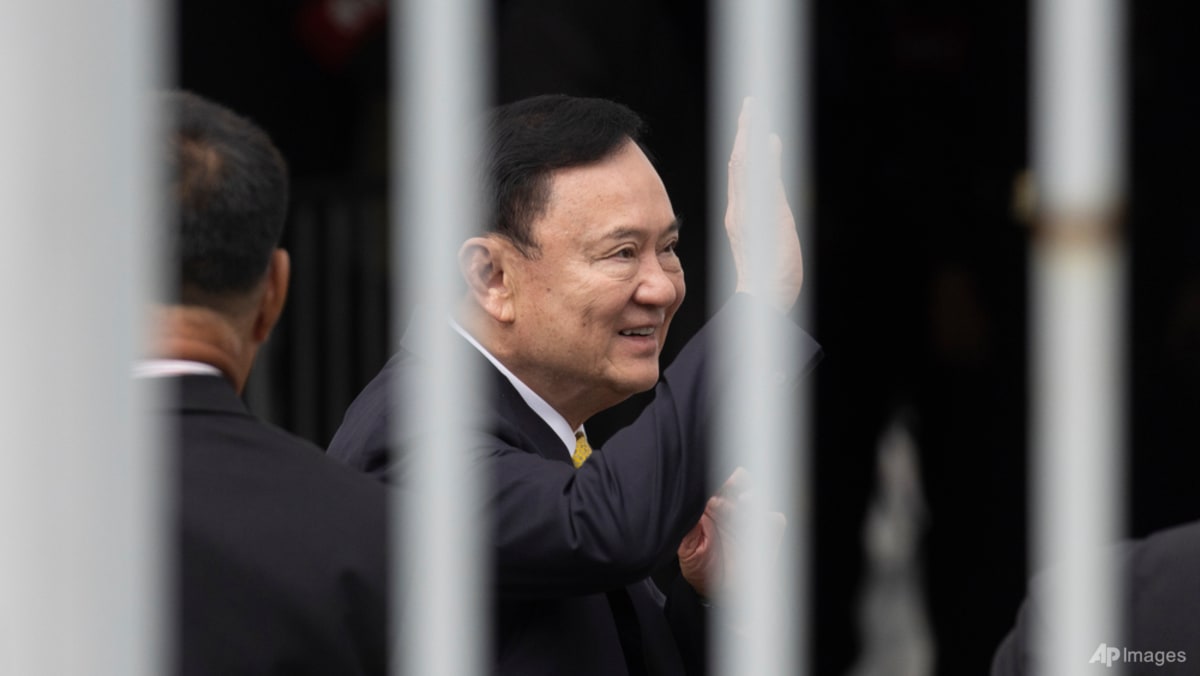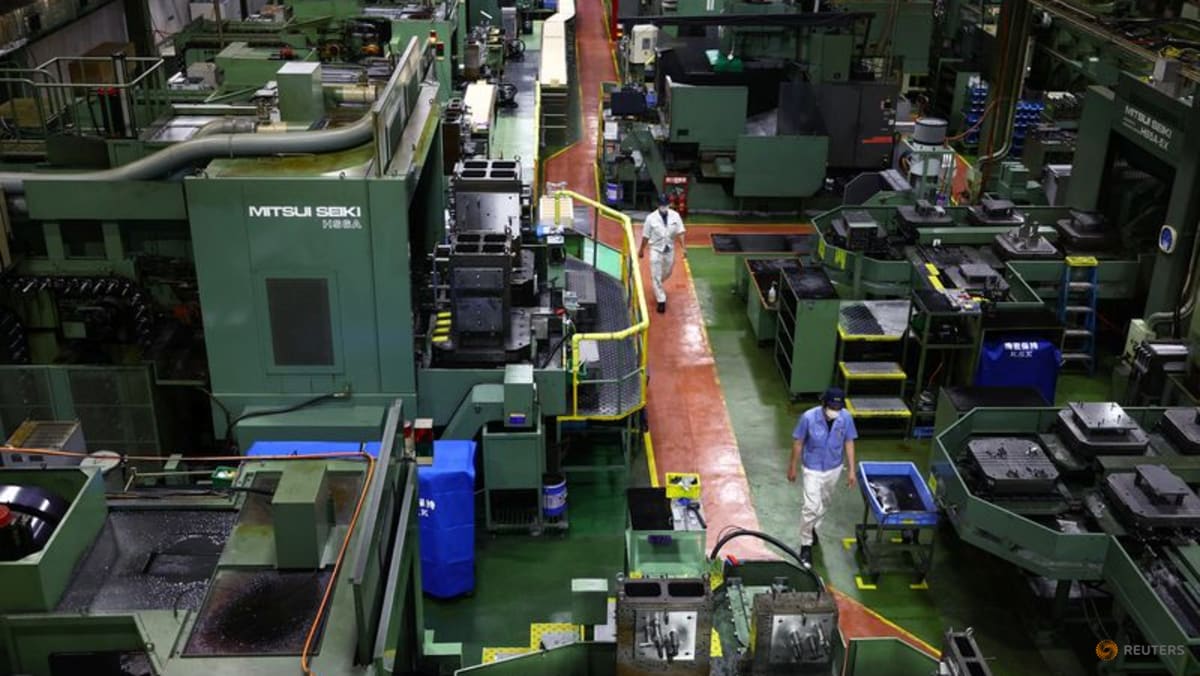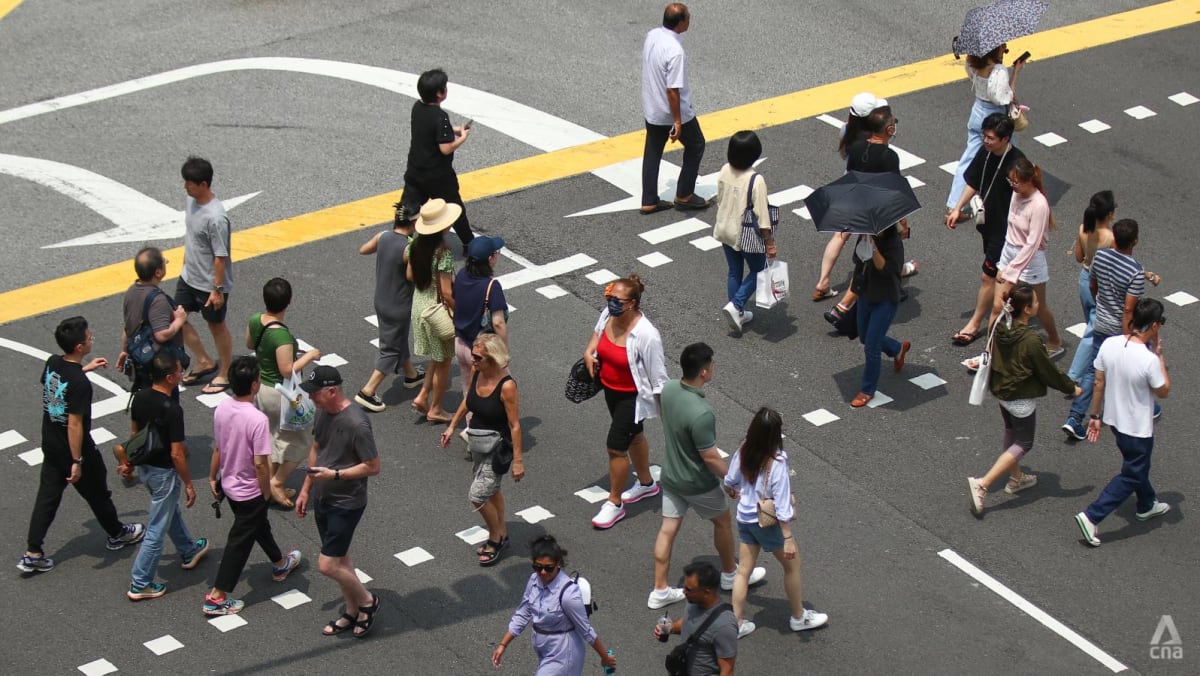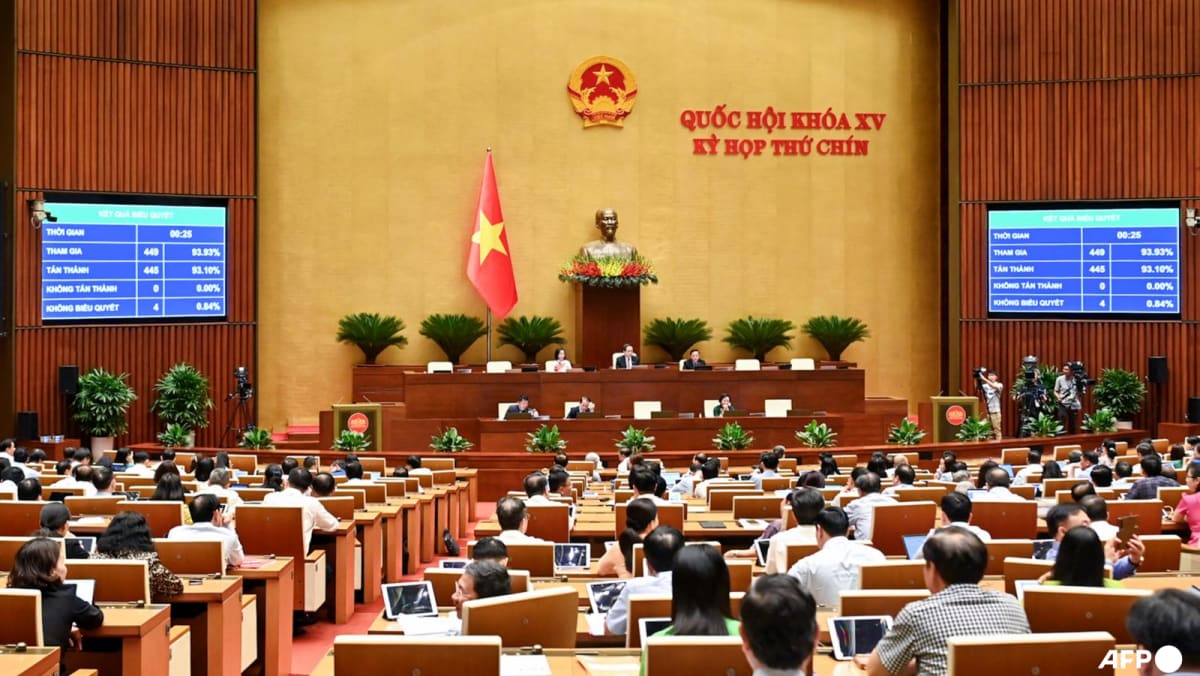SINGAPORE: Singapore’s core inflation rose in April, marking the first year-on-year increase after six months.
Core inflation, which excludes private transport and accommodation, came in at 0.7 per cent in April. This is above the March reading of 0.5 per cent, which was a four-year low, and the median forecast of 0.5 per cent in a Reuters poll of economists.
The April increase was driven by higher inflation in services and food, which more than offset lower retail and other goods inflation, said the Monetary Authority of Singapore (MAS) and the Ministry of Trade and Industry (MTI) on Friday (May 23).
On a month-on-month basis, core inflation rose by 0.5 per cent.
Overall inflation remained at 0.9 per cent in April as the rise in core inflation was offset by lower accommodation and private transport inflation, said MAS and MTI.
They added that Singapore's imported inflation is expected to remain "moderate", noting that amid slowing global demand and ample supply conditions, global crude oil prices are projected to be lower compared to 2024.
"Food commodity price increases should also stay contained," said MAS and MTI.
"Although the trade conflicts could be inflationary for some economies, their impact on Singapore’s import prices is likely to be more than offset by the disinflationary drags exerted by weaker global demand."
Both core inflation and overall inflation are projected to average 0.5 per cent to 1.5 per cent in 2025.
SECTORS
Services inflation rose from 0.6 per cent in March to 1.1 per cent in April because of a larger increase in health insurance costs and a smaller decline in airfares.
Food inflation increased slightly, edging up from 1.3 per cent in March to 1.4 per cent in April as prices of non-cooked food rose faster.
Retail and other goods inflation fell 1.2 per cent after dropping 0.5 per cent in March. A decline in clothing and footwear prices and a sharper drop in the cost of medicines and health products offset an increase in water prices.
Electricity and gas inflation remained at 3.5 per cent.
Private transport inflation eased from 2.1 per cent in the previous month to 1.3 per cent in April, due to a smaller increase in car prices and a larger decline in petrol prices.
Accommodation inflation also fell, moderating from 1.4 per cent in March to 1.1 per cent in April. This was caused by smaller increases in housing rents, as well as housing maintenance and repair costs.
OUTLOOK
While the rise in the annual core inflation rate was the first since September last year, when it had ticked up to 2.8 per cent, it was the fourth consecutive month where the reading was below 1 per cent.
MAS and MTI said that on the domestic front, unit labour costs are projected to rise gradually as nominal wage growth continues to ease, even as productivity increases.
Enhanced government subsidies for essential services such as public healthcare, preschool education and public transport will continue to dampen services inflation, they added.
"The risks to inflation are tilted towards the downside given heightened uncertainties in the external environment," the authorities said.

